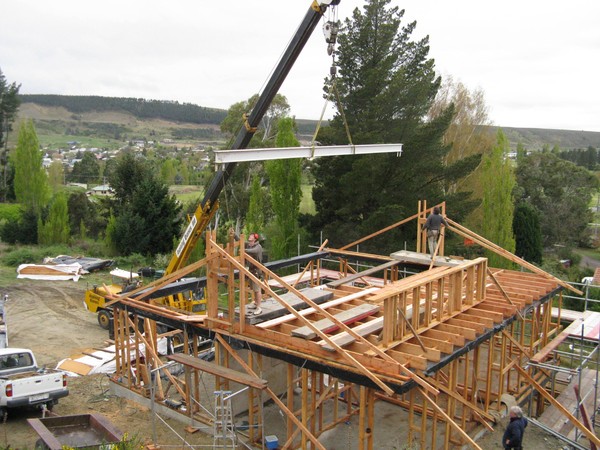Auckland reported an 18% increase in new dwelling consents in June compared to June 2014, according to the latest Statistics New Zealand data.
With 704 consents issued, the growth was a return to form for the SuperCity which recorded a slump (to 651) consents in May 2015.
Auckland had 912 new dwelling consents issued in April and 756 in March.
Statistics New Zealand business indicators manager Clare Eathererly said the trend for new dwellings in Auckland had been generally rising since February 2012.
Auckland led the nationwide growth, offsetting a fall in consents in Canterbury.
Nationwide, the number of new dwelling consents issued was up by 2% from June 2014.
However, once seasonally adjusted, the figure was down by 4.1% from May 2015.
Eathererly said that, overall, the national trend was increasing very slightly, following steady growth between May 2011 and June 2014.
But while consents are up in Auckland, there is some doubt that it is enough to make a dent in the city’s supply shortage.
Estimates vary, but it is generally agreed the city has a significant shortfall and needs about 13,000 new houses built each year to match current population growth.
NZIER senior economist Christina Leung said the city’s demand pressures remained high relative to the build rate.
“The 8,000 dwelling consents issued in Auckland over the past year is not enough to keep up with rising demand given strong population growth.”
ASB senior economist Jane Turner agreed.
She said the consents trend was still below the levels required to meaningfully improve Auckland’s supply shortage.
However, she added that an expected increase in apartment and townhouse consent over the next year would further drive activity.
Westpac senior economist Satish Ranchod said Auckland’s consent activity remained at a high level, but had actually pulled back in June.
Meanwhile, in Canterbury, the new dwelling trend is decreasing and has fallen 17% since the series peak in August 2014.
Ranchod said he expected reconstruction activity in Canterbury to remain strong for some time.
“But it does appear to have reached its peak, and will start to gradually wind down over time. This will dampen overall construction sector growth going forward.”




 Search
Search
